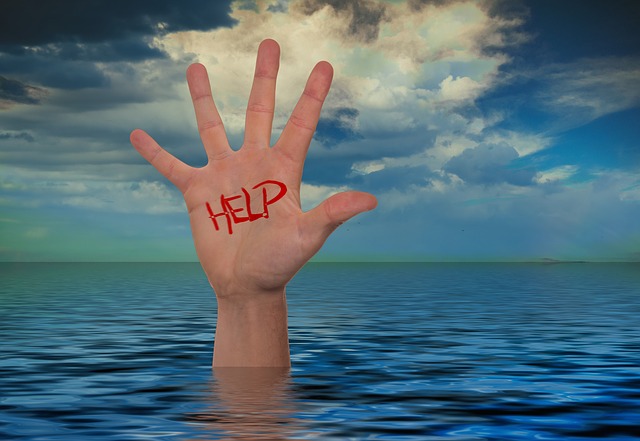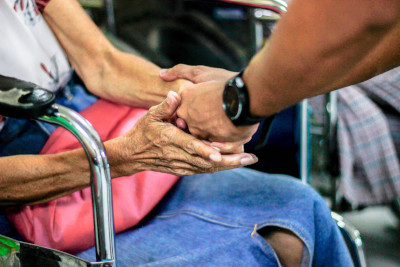In the military, it is said that the more you sweat in training, the less you bleed in combat. This same principle applies to emergency preparedness. Read, understand and practice emergency procedures until they become automatic, so that your confidence is strengthened and you do not panic when an event happens suddenly.
Keep organization plans simple. Check on neighbors left, right and across the street. If they do the same, no one will be left out. Get to know your neighbors and build friendships now so that you will be ready and able to support one another when a crisis comes.
Practice drills by simulating being cut off from heat, electricity, water, food, etc. for a 72-hour period of time. Note the problems that come up and plan accordingly for a real situation. Water is the number one item on an emergency preparedness list, as your body can only go two or three days without it. Go somewhere away from home to see if you can actually survive for 72 hours on the items that are in your 72-hour kit. Note problems and change accordingly. Include neighbors in your practice drills.
Plan and practice an evacuation. Each family member should have specific jobs to be accomplished. Plan, organize and practice for an emergency and for survival of the family and neighbors and survival of the community. One family cannot do this alone.
EMERGENCY PRIORITIES
- In an earthquake, move outdoors until the aftershocks stop.
- Treat the injured.
- Turn off gas and electricity if the house structure is significantly damaged.
- Put out any fires, if possible, using fire extinguishers.
- Designate a family meeting place outside the home so you know everyone is safe if you have to get out quickly.
- Turn off water coming into the house; save the water in the pipes, hot water tank, and toilet tank (not the bowl) for use by the family.
- In cold weather, board up broken windows and cover the outside with plastic.
- Assess the damages and make repairs.
- Check on neighbors.
SURVIVAL PRIORITIES
- Move out of a building in danger of collapse: A falling building could kill you if it falls.
- Treat wounds and injuries first, and then treat for shock: A person can die quickly from an untreated trauma.
- In cold weather, put on warm clothing and seek shelter: You can freeze to death before you can die of thirst or hunger.
- Save and store potable water: Dehydration from lack of water can end your life long before starvation.
- Sanitation: Properly dispose of human and animal waste. Bury dead humans and animals. This will prevent the spread of disease.
- Self Defense and Security: Roving gangs and criminals can wreak havoc on a community trying to satisfy their desire for drugs, food and water, sex, etc. or just because there is no one to stop them.
- Finally Food: Store a good supply of basic food for the family If possible, a full year’s supply is highly recommended. This will keep you alive and healthy. Store what you eat and eat what you store. Becoming accustomed to the food you have stored before you have to rely on it will save you from severe diarrhea. This will result in serious dehydration. Cook outside on an open fire if necessary.
- Provide for pets and animals.

EMERGENCY PROCEDURES IN SHORT
- Treat trauma
- Find shelter
- Obtain and store water
- Take care of sanitation
- Provide for defense and security
- Food
- Check on neighbors



